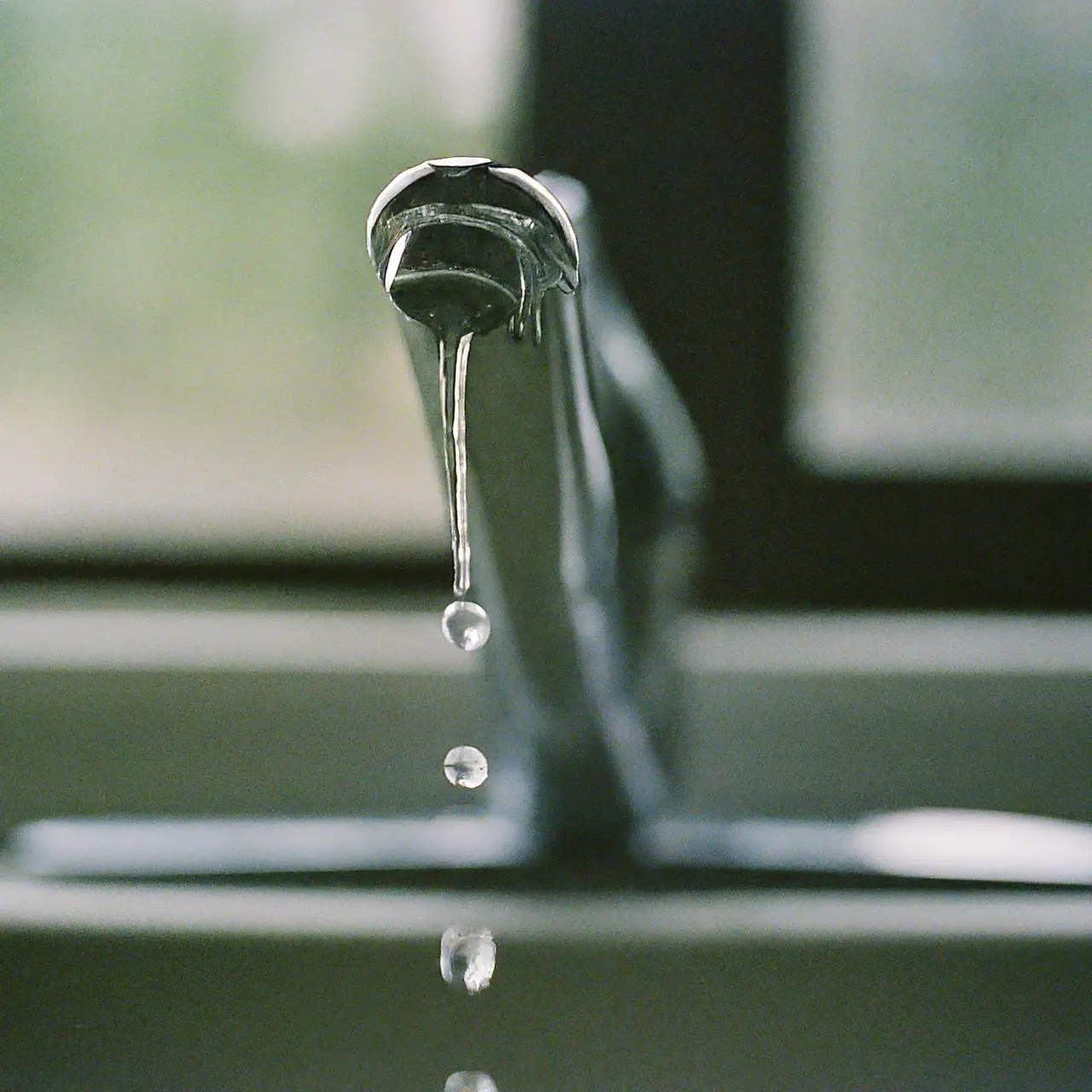In a world where water scarcity affects more than 2 billion people, the quest for innovative water efficiency solutions has never been more critical. These initiatives not only aim to secure water for future generations but also to safeguard the environment and bolster economic development.
Understanding Global Water Scarcity
Global water scarcity is a pressing issue that threatens the livelihoods and well-being of billions across the planet. It’s not just about having insufficient water; it’s about the availability of clean, safe water that can sustain human life and healthy ecosystems. The causes are multifaceted, ranging from climate change and overconsumption to inefficient water use and pollution.
The impact is profound and far-reaching, affecting food production, security, health, and economic prosperity. Countries with water stress or scarcity are often caught in a cycle of poverty and environmental degradation, making it harder to recover from other crises.
The Role of Water Efficiency Solutions
Water efficiency involves using improved technologies and practices to deliver more services with less water. This could mean installing low-flow fixtures in homes and businesses, using water-saving irrigation techniques in agriculture, or recycling wastewater for industrial processes.
Implementing these solutions can lead to significant water savings, reduce strain on limited water resources, and mitigate the effects of drought and water scarcity. Moreover, they often come with the added benefit of financial savings, as less energy is required to pump, heat, and treat water.
Governments, communities, and individuals have crucial roles to play in promoting water efficiency. Policies, incentives, and education can encourage the adoption of water-saving practices and technologies, making a substantial difference in the fight against water scarcity.
Innovative Water Efficiency Technologies
Recent advancements in technology have paved the way for innovative solutions to enhance water efficiency. Smart irrigation systems, for example, optimize water use in agriculture by using weather forecasts and soil moisture sensors to water crops only when necessary.
In urban areas, greywater recycling systems collect water from sinks, showers, and laundry to reuse for flushing toilets or irrigating landscapes. These systems significantly reduce the demand for fresh water in households.
Desalination technologies, which convert seawater into drinking water, are becoming more energy-efficient and affordable, presenting a vital source of fresh water in coastal regions.
Implementing Water Efficiency in Daily Life
Individual actions play a key role in supporting water efficiency. Simple measures, such as fixing leaks, taking shorter showers, and choosing water-efficient appliances, can collectively lead to substantial water savings.
Educating oneself and others about the importance of water conservation and the impact of daily water use on the global supply is also crucial. Awareness can drive change, leading to more conscious water use in communities around the world.
Collectively, these efforts in our daily lives support broader initiatives and policies aimed at tackling global water scarcity, underlining the importance of individual responsibility in the global context.
The integration of water efficiency solutions plays a pivotal role in addressing the global water scarcity crisis. By embracing new technologies, implementing efficient practices in our daily lives, and understanding the gravity of water scarcity, we can collectively make strides towards a more sustainable and water-secure world.


